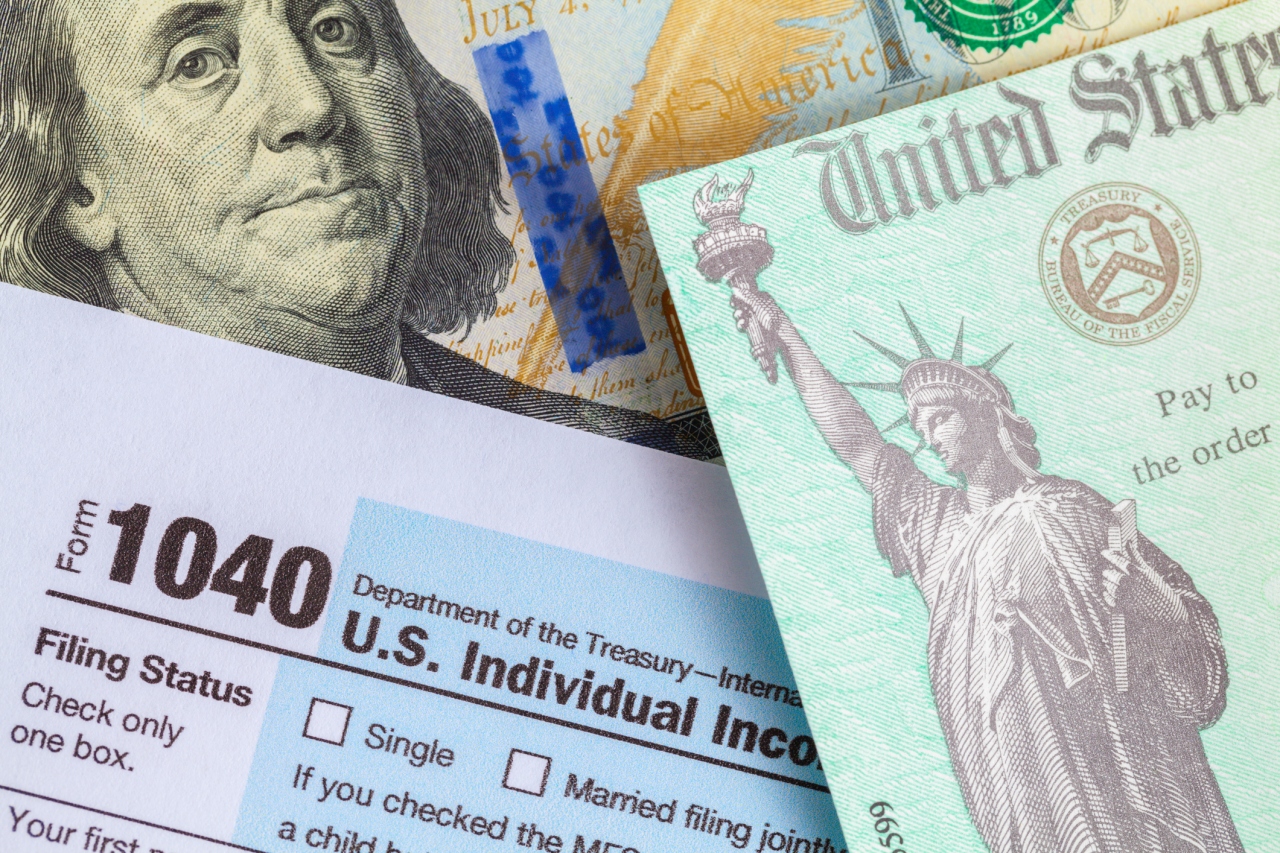
According to the Internal Revenue Service (IRS), the United States’ tax season will begin on Monday, January 24, 2022, when the tax agency will begin accepting and processing 2021 tax year returns. Unfortunately, tax season also means tax scams. Better Business Bureau issues a warning about con artists who uses individuals’ personal information to file phony tax returns and steal refunds.
How the Scam Works
Scammers steal tax information in several ways, such as a phishing scam, a corrupt tax preparation service, or the information was exposed in a hack or data breach. Sometimes tax scammers file in the name of a deceased person or steal children’s identities to claim them as dependents.
Online filers that go through the IRS website usually expect a refund. Instead, a written IRS notice arrives in the mail, stating that more than one tax return was filed using your Social Security number.
What happened? Scammers got hold of personal information, typically the account holder’s Social Security number, address, and birth date. They filed your return early and received your refund before you even got around to filing.
Tax identity theft is a particularly sneaky con because victims typically don’t realize they’ve been targeted…







